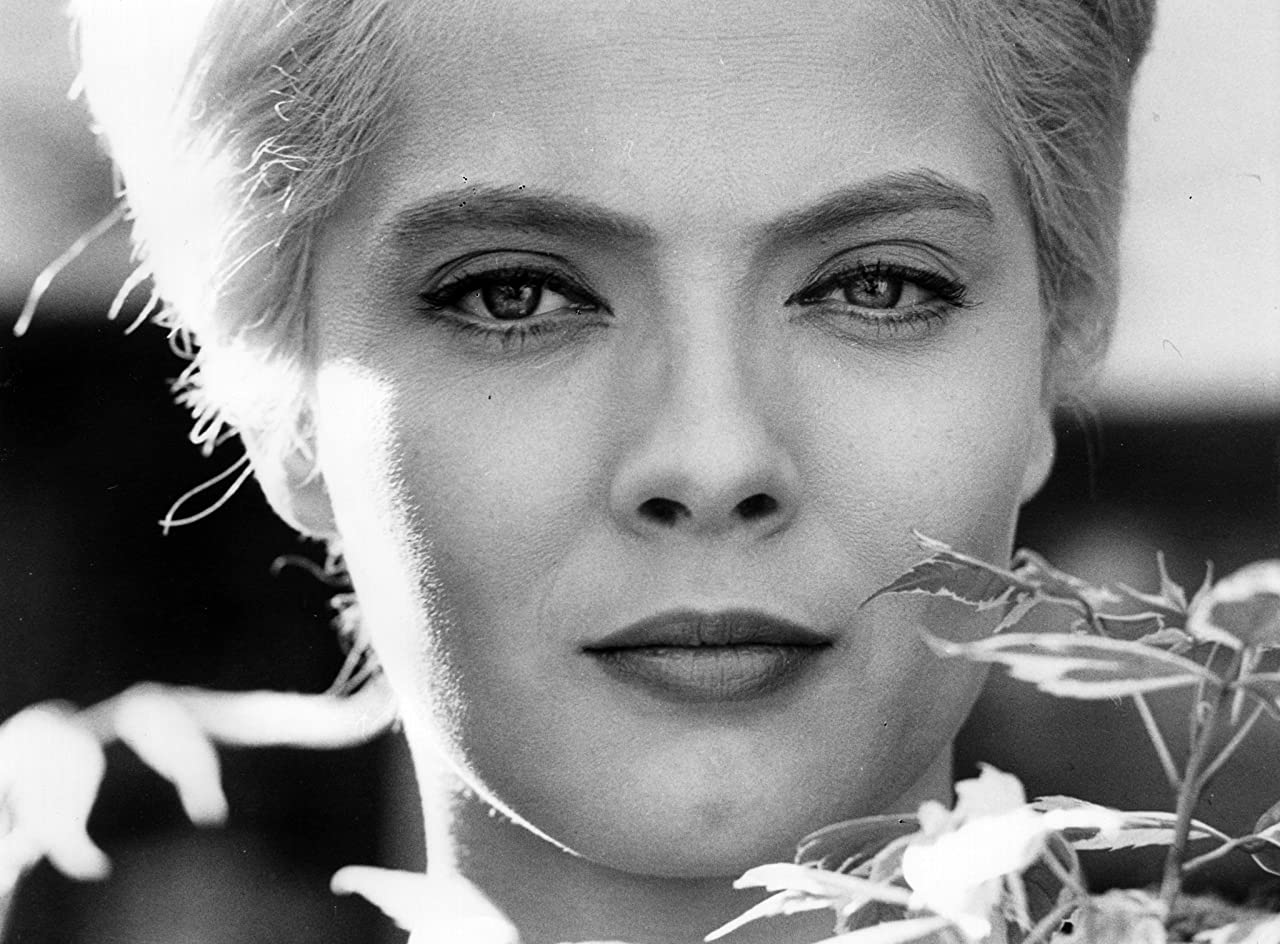Cléo from 5 to 7 (1962): A Restrospective Movie Review
A vision of '60s Paris with endless charm, superstitious dread, and mystic energy.

A dreamlike vision and snapshot of life in 1960s Paris, Cléo could almost be described as a Jean-Luc Godard film shot through a female lens (directed by Agnès Varda) from a wider angle. And as much as I love Godard’s best movies from the era, this feels bigger, more complex and in many ways, more energetic and transfixing.
Jean-Luc Godard and Anna Karina actually appear momentarily in cameo roles, as actors in a silent film within the film, which works perfectly as a metaphor. This story belongs to the same universe, but has a deeper sense of reality — less goofy and fantastical than Godard's film worlds. It shows a fictional universe the universe of Godard films might be contained inside.
We open with a tarot card reading scene that is surprisingly grim, pulling the viewer in by subverting expectations. A standout opening scene in cinema history, it's a perfect example of how to quickly capture the viewer's interest and engage them. The tarot card reader does not sugar coat her words, and does not expect you to make a fuss about it, lest you put off her other customers. The scene sparks a flame of anxiety and superstition that burns away through the glamorous and bright film world that follows.
There's a constant interplay between superficial fashion and luxury, playful joy and morbid obsession, life and death. We follow everyday events in the life of Cléo (Corinne Marchand), a somewhat famous and wealthy musician living in Paris, as she goes about her daily life, waiting to receive test results back from her doctor.
Cléo from 5 to 7 shows a world that is charming, inviting, and glamorous, but the story also has emotional grit and grounding. It doesn't get lost in superficiality. Conversations are amusing and life-affirming. Every shot in the film, of life in Paris, holds interest, and it is impossible not to love the world it shows. It is playful and exuberant, 1960s Paris are at its most cinematic, but imbued with a quietly fateful energy unlike other movies of its time.
Superstition feels like it is being presented as some kind of alternative to the religion of its time. The movie feels like an alternative vision to the male-dominated cinema of its time. The script and pace flow perfectly, creating a totality of events that feels like a compression of the things Cléo loves in life. It encourages the viewer to feel both Cléo's love of life and fear of death palpably, with her.
There is nothing wasted in the plot. Everything shot and line has meaning. Like many films of its time the runtime feels masterfully arrived at, so it actually feels like something bigger than its lean 90 minute runtime suggests.
Few films like this have ever been made. Executed tastefully and artistically, speaking on life while narrating on death, coming from a counter-direction to the cinema of its time while simultaneously participating in it, and inviting and charming the viewer in every frame. A masterpiece to seek out and watch if you haven't already.
James Lanternman writes movie reviews, essays, and moonlit thoughts. You can reach him at [email protected].
Previously… The Spirit of the Beehive (1973): A Study of Trauma and a Very Clever Attack Against a Fascistic Regime
